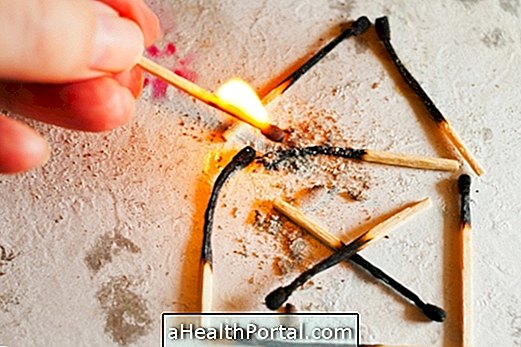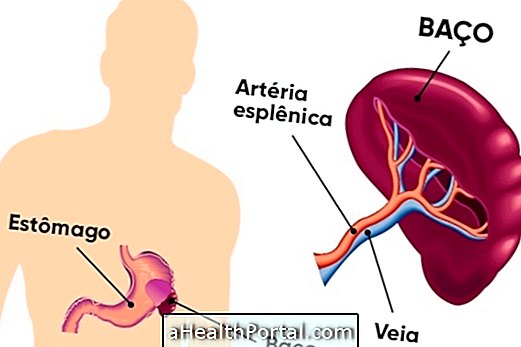Mythomania is a personality disorder where the patient has a compulsive tendency to lie. This disease is also known as obsessive-compulsive lying.
One of the great differences of the sporadic or "traditional" liar to the mythomaniac is that in the first case the individual has no resistance to admitting the truth, whereas the person who has the compulsion to lie uses the lie for his or her own profit or the harm of another immorally and insensible, without feeling the need to undo the deception.

How to recognize a compulsive liar
The mythomaniac is the individual who lies compulsively. Sometimes they are little lies, while at other times they are picturesque, elaborated in detail, that induce everyone to believe in them. In mythomania the patient consciously uses lies to deceive people and take advantage of them, he never admits their lies although he is fully aware that they are imaginary stories, and also does not embarrass himself when his lies are discovered.
The diagnosis of mitomania can be made by the psychiatrist after a thorough evaluation with the individual. Learn How to Identify a Liar
What causes this disease
The causes of mythomania are not fully elucidated but it is known that there are numerous psycho-social factors involved in the matter. It is believed that low self-esteem and the attempt to protect oneself from embarrassing situations mark the beginning of mythomania.
What is the treatment for compulsive lying
The treatment of mythomania can be done by taking medication and psychiatric sessions, but this pathological behavior becomes a lifestyle difficult to be controlled like any other psychiatric illness. During treatment, it is important to collaborate with friends and family to raise the self-esteem of the individual, offering all the love and understanding he needs to overcome the disease.
Does mitomania have a cure?
The mythomania has healing and it can be achieved with the therapies mentioned above, but in many cases it is necessary a great financial investment and time for some result can be observed.
























